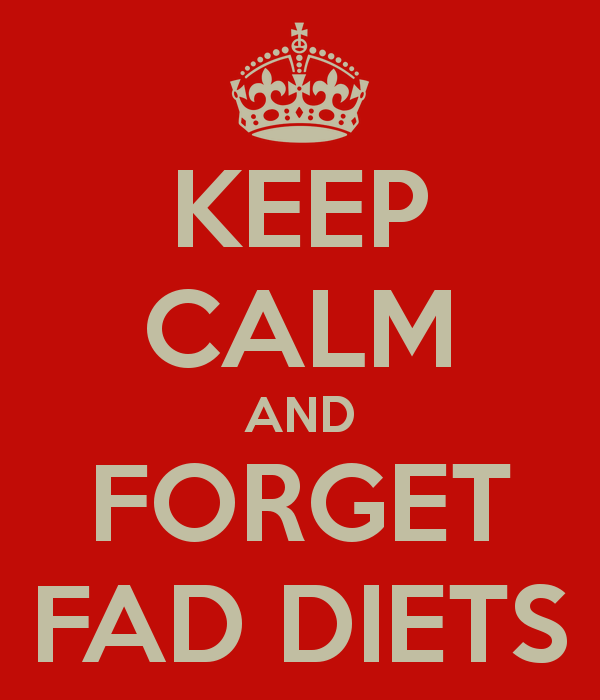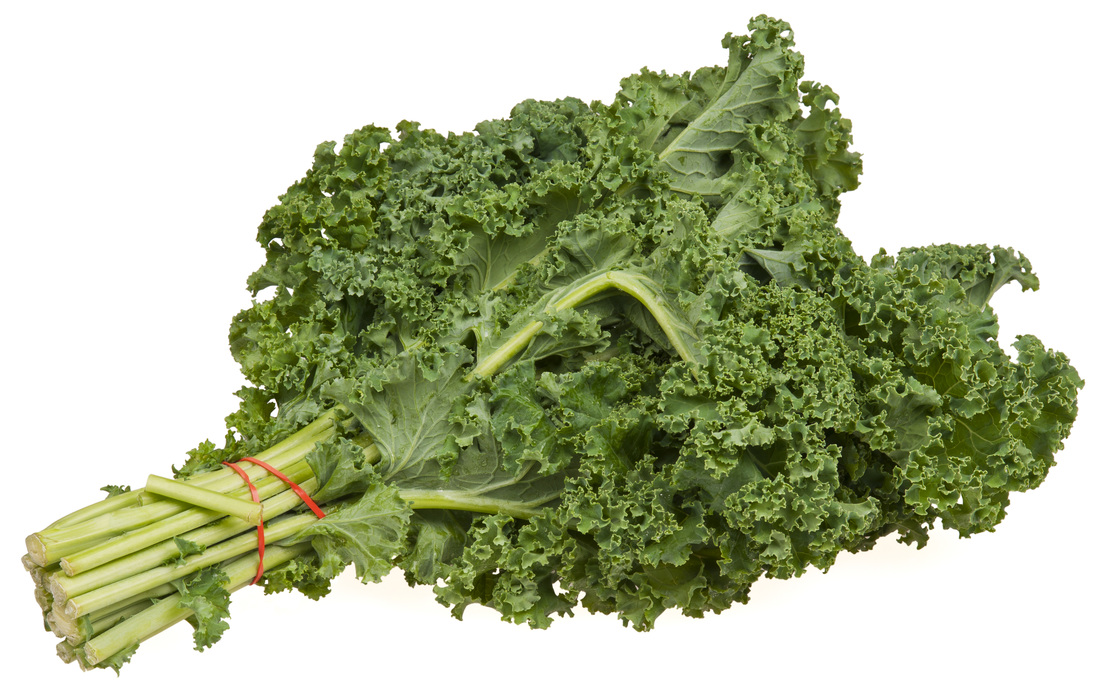|
I’ve been preaching this for years now and I’ve finally got (more) proof, Paleo doesn’t work. For those of you that are unaware of what the Paleo diet actually is, it’s a trendy high protein/ low carb diet that is inspired by the diet of our ancient ancestors in the Paleolithic era, approximately 2.6 million years ago. What this means is the diet (or lifestyle depending on who you talk to) means you’ll be eating mainly meat, fish and a predetermined list of vegetables, fruits and carbohydrates depending on what existed 2.6 million years ago. Still following along? Good. What this also means is that you won’t be able to eat anything that uses the cooking technology that we have now, meaning breads and most other baked goods are off the table. The issue with the Paleo diet aside from it’s many contradictory flaws (eg. There is archeological evidence to support a wider array of foods that our ancestors did eat 2.6 million years ago, such as cooking tools used for grains) is that it simply does not work. According to a new study in the Quarterly Review of Biology states that the low-carbohydrate portion of the diet is completely wrong. The researchers found that our 2.6 million year old ancestors loved and needed carbs; they just gathered the carbs instead of cultivating them. The research reviewed archaeological, genetic and physiological evidence to conclude that plant based carbohydrates and meat were both necessary and complementary aspects of their day-to-day diet. In fact examination of 3 million year old teeth show evidence of having a regular diet of tube/ starchy vegetables. This makes a lot of sense right? 2.6 million years ago our ancestors didn’t have refrigeration so they’d have to eat their meat almost immediately and therefore the idea of having high protein amounts at each meal is flawed. Aside from that think about what else you’d be able to eat regularly if it wasn’t meat (I’m hoping your answer was vegetables and carbohydrates). And then you add the archaeological evidence upon a greater reliance upon carbohydrates and you’ve got the answer, Paleo debunked. Still not convinced? Well start to think of what fuel sources the body uses, carbohydrates, fat/ fatty acids and protein. If you’re ever using protein as a fuel source this means your body is not healthy, that it’s basically eating away at itself in order to stay alive and to survive (after all the body’s primary goal is to survive), so that means we’re left with fat and carbohydrates as a fuel source. The body and brain’s preferred fuel source is Carbohydrate and will start to burn fat based on many other factors related nutritional and physical activity. With that being said, the low-carb aspect of Paleo simply doesn’t hold up at all. Still swear by the Paleo diet for whatever reason? Well there’s more evidence to two other major evolutionary developments at the time. Genetically, saliva was starting to evolve to better breakdown starchy foods/ plants, the enzyme: Salivary Amylase. Secondly, our 2.6 million year old ancestors started learning how to cook, as evidenced by multiple archaeological finds in cooking utensils. Cooking helped make the vegetables more palatable but also slightly easier to digest, giving the brain its primary and preferred fuel source, carbohydrate, allowing the size and functionality of the brain to grow and evolve. Further more, additional carbs meant support for “improving reproductive functions” (according to researchers) which means fetal development and providing extra calories for lactating mothers. At this point you should be convinced that the Paleo diet isn’t going to work and it’ll actually hold back your physical development. In fact, the multiple cross fit athletes I’ve gotten off Paleo they started performing better and placing at competitions almost immediately (I say Cross fit because for some reason Cross fit and Paleo seems to go hand in hand) once I got them off Paleo and eating “regularly” again. That being said, aside from the multiple flaws of the Paleo diet, there still are many benefits to it. The promotion and emphasis on fresh fruits and vegetables along with swearing off fast food are ultimately good things for any eating style. The issue is when it becomes about strict adherence to an eating style. Don’t get me wrong, if you’ve got medical conditions that require you to eat a certain way such as Gluten Free for (Diagnosed) Celiac disease, or carb counting for Diabetes, then stick to that. But if you’re just a health nut looking for the newest trend to be healthy, well that’s the issue isn’t it? This type of behaviour mimics a ‘yo-yo dieter,’ jumping from one diet to the other for whatever reason. What I ask people when they ask me about what I think of X diet, I just ask them “Is this something that you can sustain for more than 5 years?” at that point they basically talk themselves out of it. Healthy eating is about harmony and balance. Finding room for sweets, treats, restaurant meals amongst many other foods or eating styles deemed “bad” is not only going to be more enjoyable, but it won’t socially isolate you at dining events. And this is a big deal. Every culture or religion in the world uses food as the centerpiece for most of its celebrations. Imagine going to a Christmas dinner and only being able to eat something that’s been pre-decided, if you can’t then it’s because you already know it’s a socially isolating thing. Food is much more than calories, macronutrients, vitamins and minerals, food is a celebration of culture, religion, tradition and identity and no fad diet will ever be able to include those elements of your eating style that is ultimately your unique and personal identity. So being able to have foods that are “bad” (for a lack of a better term) foods in moderation but still managing to eat “healthy” (for lack of a better term) is what good nutrition is all about (unless you have a medically necessity to eat a certain way). So please, get off Paleo as there’s overwhelming evidence that it does not work and start reintroducing the foods that you’ve been missing for a very long time and be happy!
1 Comment
We may have heard of the term Super Foods but for those of you that haven’t a Super Food is a food item that is particularly high in nutrients, higher than the average comparison food item. There are many examples of Super Foods promoted by Dr. Oz (an irresponsible health care provider that gives health advice on subject matter that he has no education on whatsoever – for proof on the DR. Oz’s role in deceptive and unethical marketing practices surrounding weight loss scams please watch this video: https://www.youtube.com/watch?v=QkUe4bMS_8Y) such as Gogi Berries and the newest super food, Kale. I mean think about it, you would never get a carpenter to fix your plumbing issues in your house, why would you take nutrition advice from a Cardiac Surgeon? The logic is just flawed right off the bat, the man has no qualifications to talk about nutrition and I can’t tell you how much time per week I spend making this point to EVERYONE. Kale has been promoted by Nutritionists, nutrition ‘experts’ and the like to the same degree that Dr. Oz will unethically promote weight loss products. Don’t get me wrong, Kale is great, I eat Kale, but the difference is that I know the limits. Nutritionally Kale has 3.1g of fibre, 3.4g protein and 33 calories per serving along with a massive dose of vitamins and minerals. I also tell anyone that eats Kale on a regular basis the limits and to promote an ‘everything in moderation’ approach to nutrition as opposed to the ‘more is better’ mentality that North Americans seem to be obsessed with. The reason why? Kale and other cruciferous vegetables such as cabbage, broccoli and cauliflower contain heavy metals such as Thallium and Cesium along with nickel, lead, aluminum and arsenic (yeah you read that correctly, ARSENIC an ingredient in rat poison and cigarette smoke). Now I know what you must be thinking: “That’s just GMO (Genetically Modified Organism) grown Kale, Brocolli, Cabbage or Cauliflower.” We actually, no it’s not. In fact it’s got nothing to do with organically grown practices or not. It has everything to do with vegetables in the Cruciferous family’s ability to absorb Thallium and the rest of the heavy metals from the soil they’re grown in. Now not enough is known about the geographic regions and how that affects the absorption of Thallium and other heavy metals into these vegetables but it’s a big enough issue to be aware of. Why? Well a researcher by the name of Ernie Hubbard started to notice so health fanatics (people that exercise regularly, eat healthy, don’t smoke or drink), specifically vegetarians, were going to their doctors complaining about chronic fatigue, skin and hair issues, arrhythmias (Irregular heart beat) gluten sensitivity (I cringe at this, everyone seems to be Gluten sensitive nowadays with no physical proof whatsoever) and other digestive troubles, but no one could figure out why, until Ernie Hubbard came along. Mr. Hubbard started taking urine samples from these people and discovered high amounts of Thallium and Cesium along with other heavy metals, which is definitely not normal. He then looked at the diet after eliminating other usual suspects and found those people that had high intake of vegetables from the Cruciferous family had these heavy metals in their urine and experiencing these health issues.
Don’t get me wrong, you shouldn’t avoid Kale or the other vegetables altogether, they’re still extremely healthy vegetables but in moderation. The issue is when people hear about the newest super food they tend to go crazy thinking that ‘more is better’ To give you an example, one of Hubbard’s patients was a 5s year old vegetarian exercising 2 hours a day and ate a lot of vegetables, which seems healthy, but always complained about chronic fatigue and her hair falling out. After some questioning it was revealed that this patient was eating large quantities of Kale and Cabbage on a daily basis. After he analyzed her urine and other people with the same complaint he say a trend. Getting her to remove Kale and Cabbage from her diet allowed her to return back to normal, hair started growing back and her energy levels returned to normal. The health benefits still outweigh the risks, so go ahead and eat Kale and vegetables from the cruciferous family. 2-3 servings a day of these vegetables would be perfectly acceptable, but don’t over do it. That’s the whole point of this post, even good things in large quantities can be harmful to your health. Nutrition is all about balance and Dietitians have been saying this for years and for years to come. All foods fit into a healthy lifestyle, in moderation. So go ahead and eat Kale and other vegetables from the cruciferous family, just don’t over do it. Keep it to 2-3 servings per day (1 cup per serving) and definitely don’t eat it every single day. Recognize that more isn’t always better. Everything belongs in a healthy diet, just in moderation. Reference article: http://www.huffingtonpost.co.uk/2015/07/17/hidden-health-dangers-kale-dangerous-metals_n_7816434.html?utm_hp_ref=canada&ir=Canada |
Categories
All
Archives
November 2021
|
- Home/ News
- About
- Services/ Store
- Media
-
Learning Center
- ESN Athletic and Healthy Lifestyle Learning Center >
-
Professional Learning Center
>
-
The ESN Sports Nutrition Certificate
>
- ESN Learning Center - Sports Nutrition Certificate Level 1 >
- ESN Learning Center Sports Nutrition Certificate Level 2 >
-
ESN Learning Center - Sports Nutrition Certificate Level 3
>
- Module 1 - Periodization for the Athlete
- Module 2 - Nutrition Strategies to Optimize Recovery
- Module 3 - Sports Nutrition for Children and Young Athletes
- Module 4 - Sports Nutrition for the Aging Athlete
- Module 5 - Nutritional Strategies for Injury Prevention and Concussions
- Module 6 - Nutritional Strategies for the Travelling Athlete
- Module 7 - Tournament Nutrition Strategies
-
The ESN Sports Nutrition Certificate
>
- Contact
Proudly powered by Weebly





 RSS Feed
RSS Feed